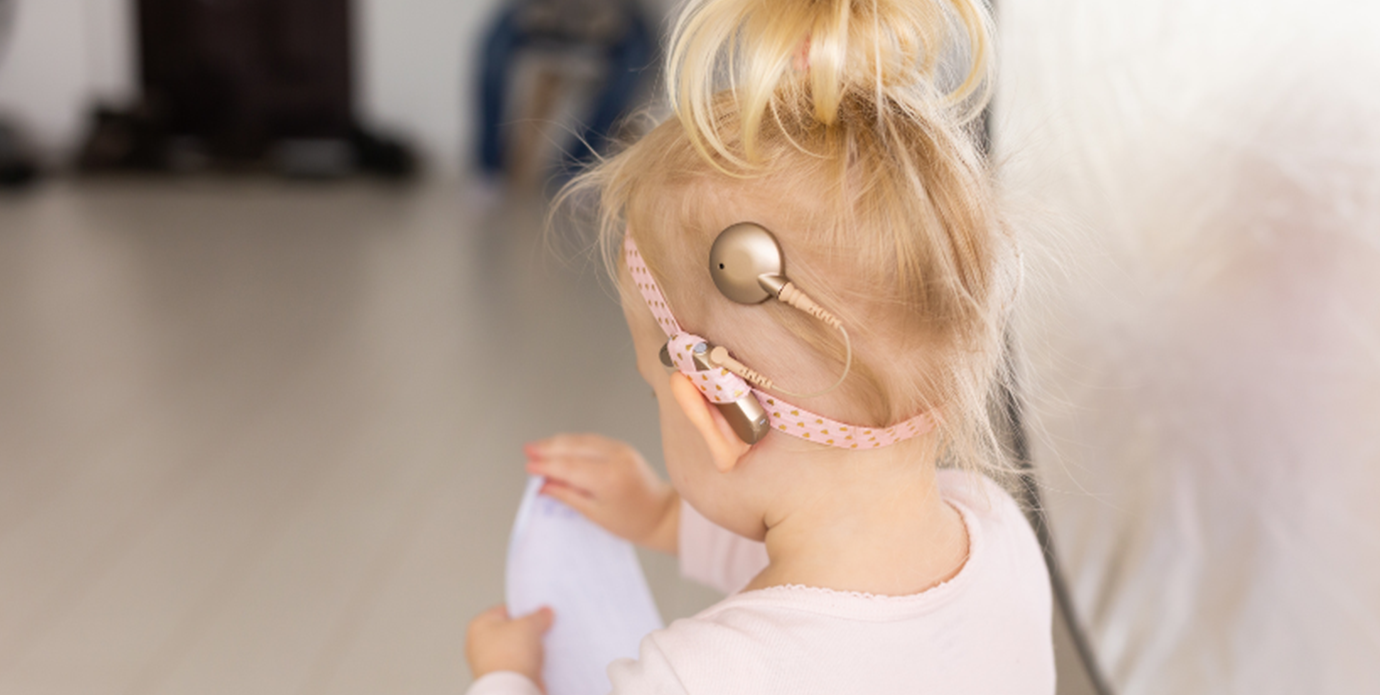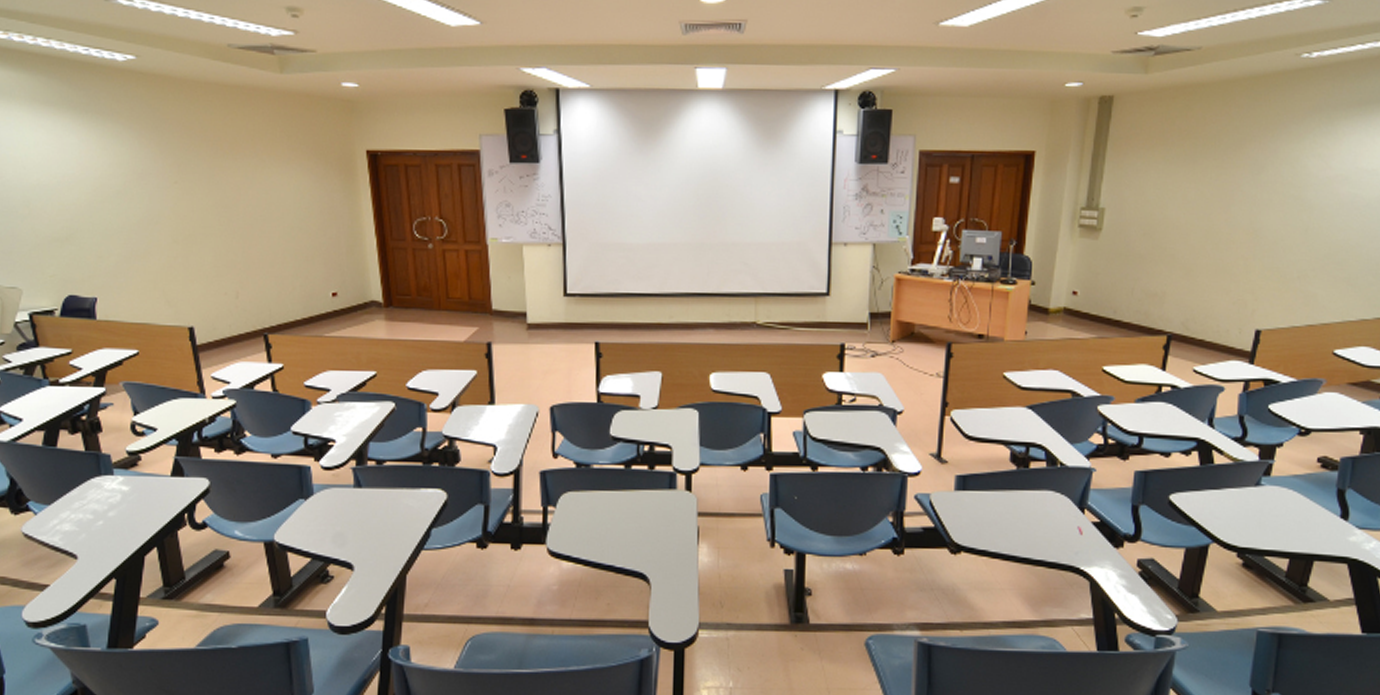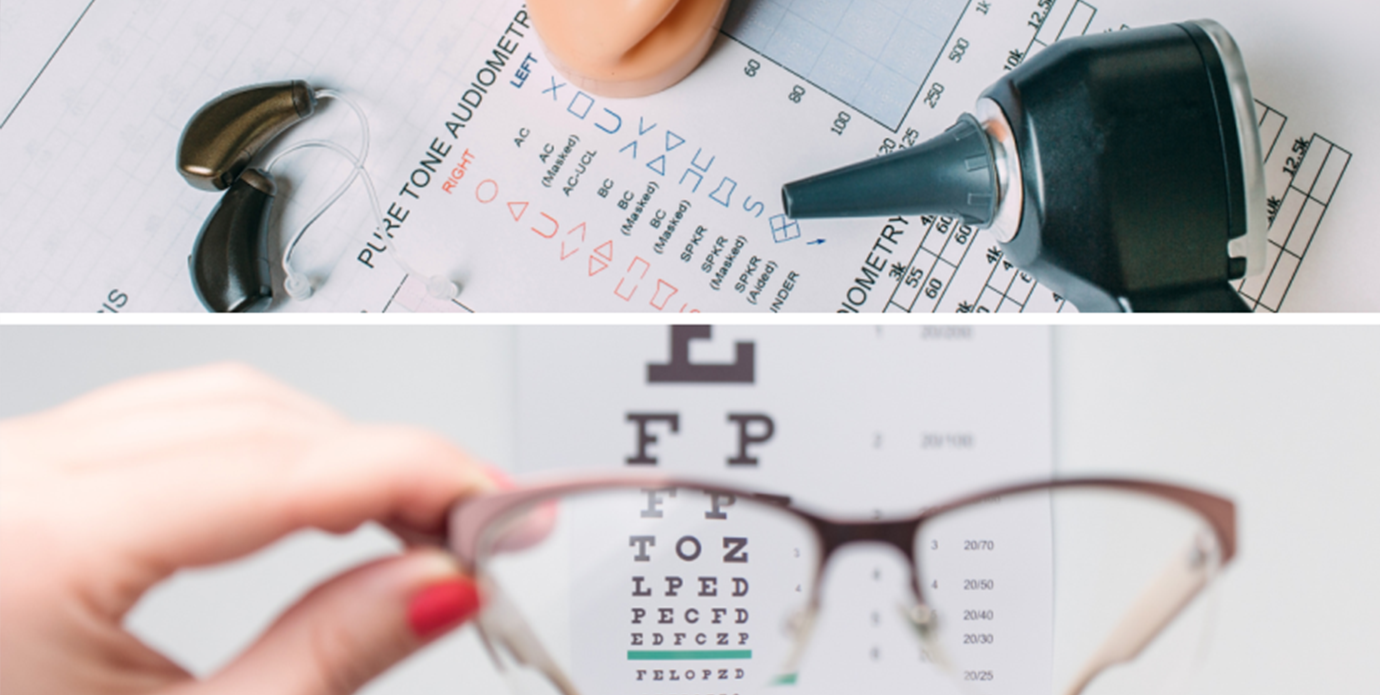
Knowledge Base
Knowledge Base
-
 Uncategorized
UncategorizedGateway is Here
As the Chief Operating Officer of Gateway, formerly known as HASA, I am thrilled to share our organization’s significant transformation with you. This change is more than a rebranding; it’s promise to be nimble and responsive to the needs of the communities we serve. Rebranding to Gateway marks a new chapter in our journey, a […]
-
 History | Interpreting
History | InterpretingPromoting Deaf Autonomy
As the Director of interpreting services, I am acutely aware of the pressing challenges facing the Deaf community today. Recent trends have spotlighted a massive shortage of American Sign Language (ASL) interpreters, a crisis that is set to deepen with the upcoming 2025 law mandating all interpreters to be officially licensed by the state. This […]
-
 Uncategorized
UncategorizedYou & Your Team Deserve Your PTO
As vacation season approaches, it’s a great opportunity to discuss a topic that might be on the back burner for many professionals: the importance of taking paid time off (PTO). It may come as a surprise, but a recent Pew Research study found that more than 4 in 10 U.S. workers do not use all […]
-
 Interpreting
InterpretingThe Role of Interpreters in Bridging Communication Gaps
Communication is fundamental to human interaction, and the ability to convey and receive messages effectively is essential for participating fully in society. For people who use sign language as their primary way to communicate, communication can often be a significant barrier, particularly in a predominantly non-signing world where spoken language is the norm. This is […]
-
 History
HistoryA New Name for HASA.
Today, we’re honored to share a change to our name: HASA is now Gateway. For nearly 100 years, we’ve been at the forefront of language and communication services in Maryland, growing from a gathering place for the hard of hearing in 1926, to a modern organization known for its comprehensive communications offerings. This change isn’t […]
-
 Interpreting
InterpretingKeeping Community Accessible
As the vibrant hues of spring bloom and we ease into the balmy days of summer, the air becomes abuzz with the excitement of festival season. Music, art, and cultural festivals offer a unique tapestry of experiences, bringing together diverse communities in celebration and appreciation. Yet, as we revel in these gatherings, it’s crucial to […]
-
 Audiology
AudiologyHearing the World Through Cochlear Implants
Hearing loss affects millions globally, and in our quest to bridge communication gaps, technology plays a pivotal role. One such technological marvel is the cochlear implant, a device transforming the lives of many with severe hearing impairments. At Gateway, our goal is to connect our patients with the world so we can all connect with […]
-
 Interpreting
InterpretingInclusive Media is the New Trend
As an American Sign Language (ASL) interpreter, I’ve witnessed firsthand the profound impact that inclusive content can have. The recent Barbie movie, which included an ASL interpreter for its streaming service, is a shining example of this. It’s not just a step towards inclusivity; it’s a leap towards a world where entertainment is accessible to […]
-
 Interpreting
InterpretingThe Impact of an Interpreter Shortage
American Sign Language interpreters serve as essential conduits between the Deaf community and the wider world. However, a looming shortage (caused by a multitude of events) threatens to impede this vital communication bridge. The situation, already concerning, is set to intensify with the 2025 registration requirement and combined with challenges brought on by the COVID-19 […]

